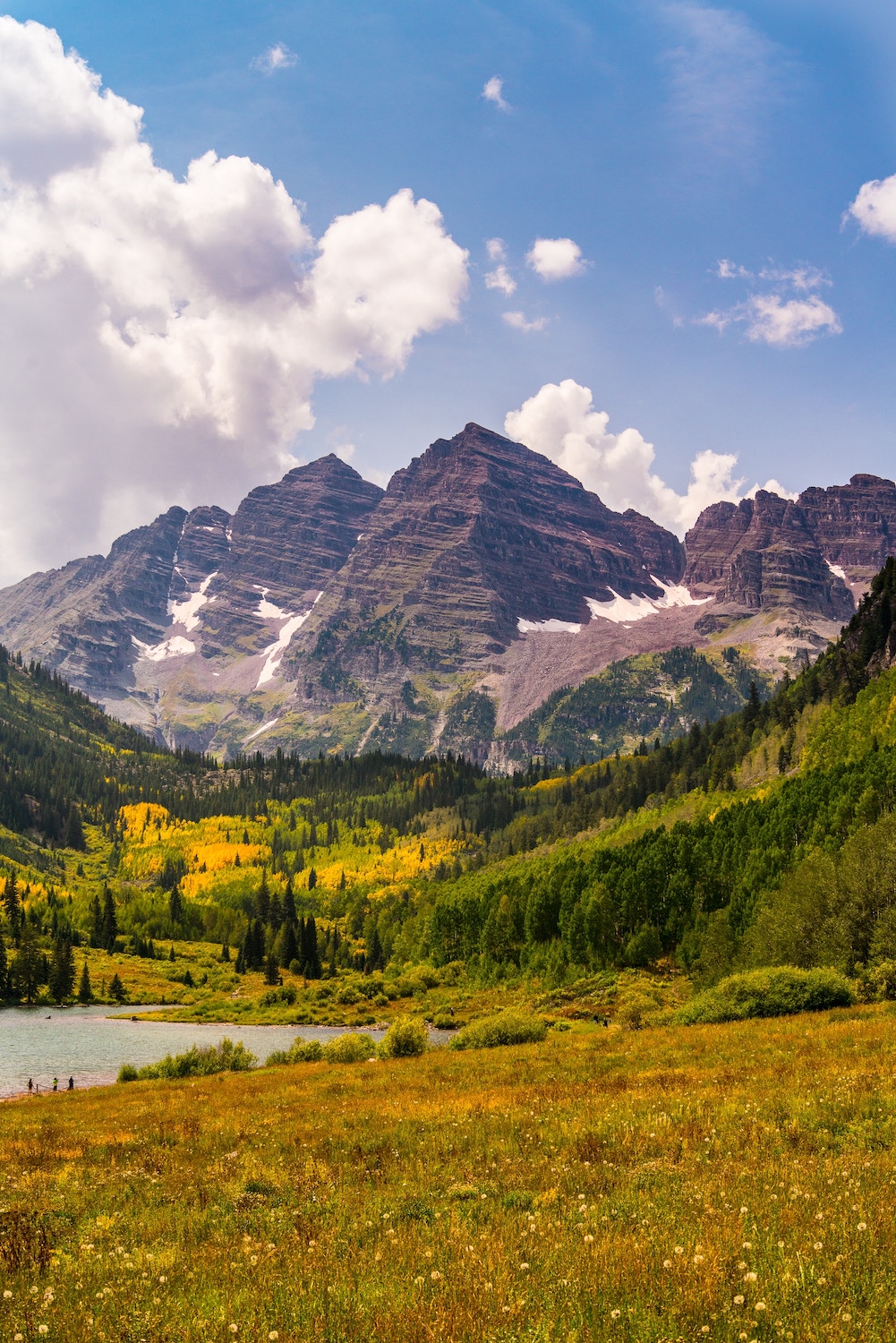More than 25% of people traveling to a mountain town will get at least mild mountain sickness.
You can take action to avoid or adapt to the immediate effects of being at high altitude!
What makes high altitude different from other environments?
Less oxygen in the air
Lower temperature and humidity
Air quality can be better or worse
Fewer allergens in the air
These changes can cause no trouble at all for some people; others may get Acute Mountain Sickness (AMS). AMS occurs in susceptible individuals when ascent to high altitude outpaces the ability to acclimatize.
Symptoms of mountain sickness include:
Headache
Nausea
Shortness of breath
Malaise
Trouble sleeping
Fatigue/weakness
You can do things to prevent mountain sickness—before and after arrival:
If coming from sea level, talk to your doctor about Diamox (Acetazolamide) and Decadron (dexamethasone) which can be started a few days ahead of time or once you get here
Come to the Roaring Fork Valley gradually: i.e., spend the night in Denver. Aspen is 9000, Basalt 7000, Carbondale 6000 feet high
Hydrate- at least 4 liters of water a day-unless your physician has advised fluid restriction
Avoid immediate strenuous activity:
Being in good shape is not a guarantee for prevention
Avoid depressants-drugs, alcohol and sleep aids depress the respiratory drive
If you do begin feeling the symptoms of mountain sickness, you don’t have to go home!
Visit a local physician to talk about:
Starting Diamox and Decadron
Short term oxygen use
Other treatment options
CAUTION! High Altitude Pulmonary Edema (HAPE) and High Altitude Cerebral Edema (HACE) are very dangerous conditions that may result in death.
HACE: symptoms of mountain sickness may exist but with:
Altered mental status (delusions, altered sense of reality, delirium)
Drowsiness
Stupor/decreased consciousness
Lack of coordination
HAPE: symptoms of mountain sickness may exist but with:
Loss of stamina
Extreme shortness of breath
Dry cough progressing to wet maybe pink cough
Blue lips and fingertips
BOTH THESE CONDITIONS REQUIRE EMERGENCY EVALUATION: GO THE EMERGENCY DEPARTMENT OR CALL 911
(**Please note: This material was prepared by Josh Ferreri, MSIII, from the University of Colorado School of Medicine and presented at the Pitkin County Library in June, 2018. Edited and used with his permission.)

